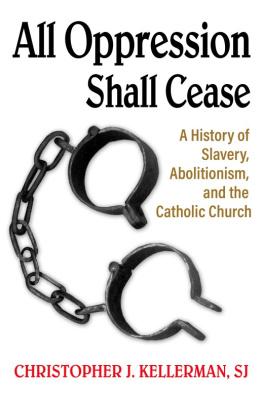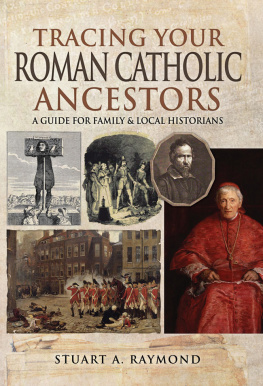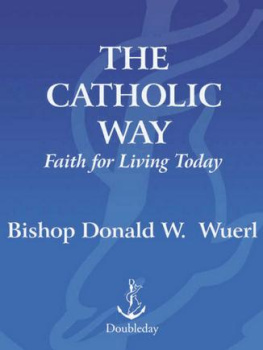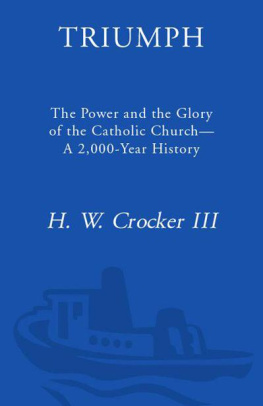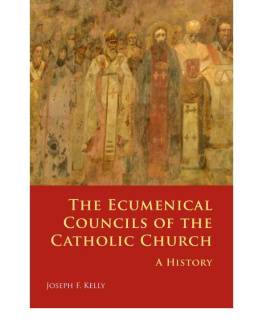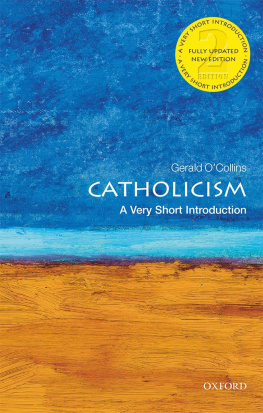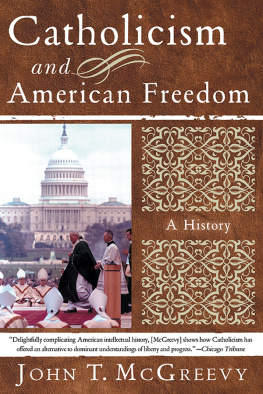CHRISTOPHER J. KELLERMAN, SJ
Founded in 1970, Orbis Books endeavors to publish works that enlighten the mind, nourish the spirit, and challenge the conscience. The publishing arm of the Maryknoll Fathers and Brothers, Orbis seeks to explore the global dimensions of the Christian faith and mission, to invite dialogue with diverse cultures and religious traditions, and to serve the cause of reconciliation and peace. The books published reflect the views of their authors and do not represent the official position of the Maryknoll Society. To learn more about Maryknoll and Orbis Books, please visit our website at www.orbisbooks.com.
Copyright 2022 by Christopher J. Kellerman, SJ
Published by Orbis Books, Box 302, Maryknoll, NY 10545-0302.
All rights reserved.
No part of this publication may be reproduced or transmitted in any form or by any means, electronic or mechanical, including photocopying, recording, or any information storage or retrieval system, without prior permission in writing from the publisher.
Queries regarding rights and permissions should be addressed to: Orbis Books, P.O. Box 302, Maryknoll, NY 10545-0302.
Manufactured in the United States of America
Library of Congress Cataloging-in-Publication Data
Names: Kellerman, Christopher J., author.
Title: All oppression shall cease : a history of slavery, abolitionism, and the Catholic church / Christopher J. Kellerman.
Description: Maryknoll, NY : Orbis Books, [2022] | Includes bibliographical references and index. | Summary: A history of Catholic responses to slavery and abolitionismProvided by publisher.
Identifiers: LCCN 2022015608 (print) | LCCN 2022015609 (ebook) | ISBN 9781626984899 | ISBN 9781608339518 (epub)
Subjects: LCSH: Slavery and the churchCatholicHistory. | Slavery and the churchUnited StatesHistory. | AbolitionUnited StatesHistory.
Classification: LCC HT917.C3 K45 2022 (print) | LCC HT917.C3 (ebook) | DDC 270.086/25dc23/eng/20220603
LC record available at https://lccn.loc.gov/2022015608
LC ebook record available at https://lccn.loc.gov/2022015609
Contents
Acknowledgments
There are a number of people to thank for having helped make this book possible.
A wonderful group of brilliant and generous friends and scholars read portions of the manuscript at various stages in my writing process and offered their feedback and further suggestions for resources, including Angela Alonso, Mary Baudouin, Jonathan Bernier, Hans Boersma, Patrick Britti, Michael Caffery, Patrick Carey, Celso Castilho, Frank DeBernardo, Zinzy Nev Geene, Patrick Geoghegan, Jennifer Glancy, Miguel Anxo Pena Gonzlez, J. Albert Harrill, Danielle Harrison, Michael Hochgeschwender, Ken Homan, Mary Beth Ingham, Sajit Kabadi, David Kertzer, Herbert Klein, James LePree, Bill McCormick, Kate McElwee, David Meconi, Katrina Thompson Moore, Luke Morris, Dianne Batts Morrow, James Muldoon, Mark Noll, Joseph OCallaghan, Thomas Osborne, William D. Phillips, John F. Quinn, Andrs Resndez, Matthew Restall, Kelly L. Schmidt, Steve Schoenig, Adam Serfass, Ronald Sharps, Peter Phillips Simpson, Manisha Sinha, Theo Swinford, Adam Tate, Mark Thibodeaux, Bart Wauters, David Wheat, Thomas Williams, Chris de Wet, Susan Wood, and Tom Worcester. Their input was invaluable, and this book is better because of their wisdom, knowledge, and kindness. I am grateful to them all.
I also wish to express my gratitude to Fred Kammer, who gave me the time and space during my first year at the Jesuit Social Research Institute to work on this project. This book would not have been possible without his generosity and belief in this projects importance. Tom Clark, Danielle Harrison, Sajit Kabadi, Kelsey McLaughlin, Nathan OHalloran, John K. Thornton, Greg Waldrop, and Sue Weishar helped me think through important ideas, and Tom Croteau, Jim Broderick King, and Greg Waldrop were particularly helpful with translations. A number of people helped me obtain resources, especially Jessica Perry at Loyola University New Orleans, Charlotte de Castelnau-LEstoile, John F. Quinn, and Shawn Weldon at the Catholic Historical Research Center of the Archdiocese of Philadelphia. Robert Ellsberg and Maria Angelini at Orbis Books guided this book to publication with kindness, enthusiasm, and grace. They have my deepest thanks.
I received enormous moral support and encouragement from many friends. Particular thanks go to Billy Biegler, Kathleen Blackburn, Bob Bowers, Greg Celio, Tom Clark, Matthew Cortese, Tom Greene, Danielle Harrison, Heidi Kabadi, Sajit Kabadi, David Lugo, Bill McCormick, Eric Ramirez, Sarah Roberts, Sylvester Tan, Mark Thibodeaux, Dot Trosclair, and Greg Waldrop. I am so grateful as well for the parishioners of Immaculate Conception Catholic Church in Baton Rouge, LA. Being with ICCC during my time in Louisiana was a blessing, and I cannot thank them enough for their spirit, love, and witness. God is good
Finally, I am deeply grateful to my family for their constant support, humor, warmth, and love. It is to them that this book is lovingly dedicated.
Introduction
The history of the Catholic Church and slavery is not pretty in any aspect. It is really ugly, and there is no way to make it look otherwise without being dishonest. It is a history that involves physical and psychological violence, sexual assault, the selling of children, torture, and killing. It involves Catholics engaging in the trade of human beings and other Catholics being silenced or punished for protesting that trade. And it involves Church leadership at its highest levels choosing to ignore these atrocities and at times directly engaging in them. This is an ugly history, and there will be very little in this book that is pleasant to read. But if we want to know the truth, we have to trudge through the facts, no matter how painful they may be.
The ugliness of this history is compounded by the impossibility of fully wrapping ones mind around why things occurred the way they did. I have heard many well-intentioned, faithful Catholics try to explain the history of Catholicism and slavery with a simple, digestible answer of some kind: that the Church was always against slavery; that the Church was always implicitly against it, but in its wisdom took time to openly condemn it; that it is only a recent innovation to imagine that the Church should fight oppression or try to change the world, and therefore, the Church did not condemn slavery over the years; that the Church was okay with some forms of servitude but not chattel slavery; that the Church was always against the Atlantic slave trade and the enslavement of black Africans; that people did not know slavery was wrong back then; or that the slave trade was the result of racist views, and now we know better.
I have wrestled with all of these answers, and at points I have believed some of them. I now recognize clearly that all of them are wrong. When it comes to the Churchs history with slavery, there are no easy answers. There is no one teaching of the faith that consistently guided the Church in its decisions, and there is no one teaching of the faith that the Church consistently ignored. The history of the Church and slavery is complex, uneven, perplexing, and maddening, and it is a history not of one choice but of countless choices made by countless Catholics. Yet this does not mean the story is untellable. In fact, when we do dive into this history, letting go of our tendencies either to quickly defend or quickly condemn, a story emerges that is worth telling in all its difficulties and complexities. It is also one from which I believe we can learn a great deal.

